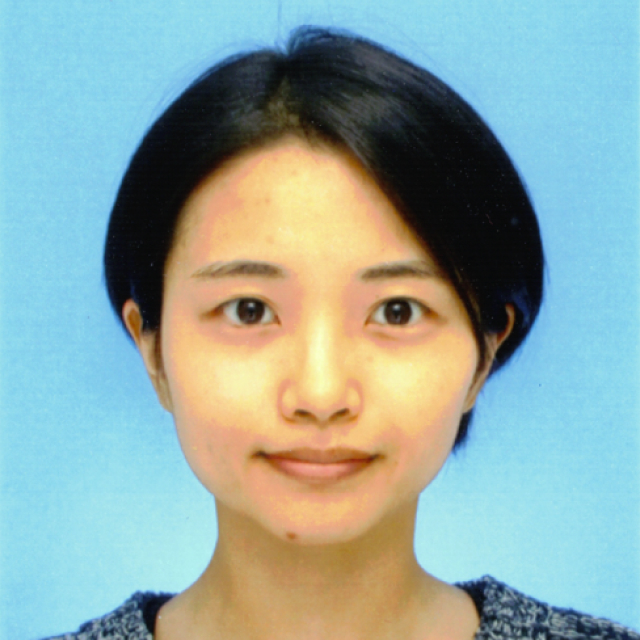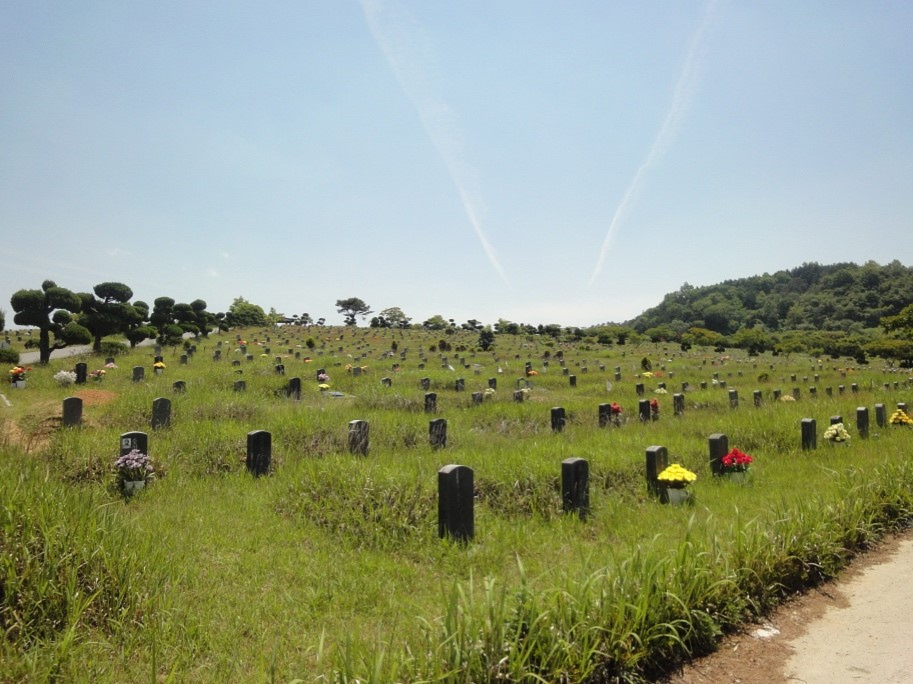Philosophy and PsychologySecurity and Human Rights
Yukie Sato

Waseda University Ph.D. Candidate
Three main achievements
- Yukie Sato. “Gender, Political Conflicts, and Korean MZ Generation: A Key to Overcome the Dichotomy of “Misogyny vs. Misandry.” Korean Studies,11, Japan Branch of International Society for Korean Studies, 2023, pp.19-30. (in Japanese)
- Yukie Sato. “How did the Embassy of Japan in Korea Deal with the Appearance of New Army Leadership Group and the May 18?: With a Focus on the Sengo Gaiko-Kiroku of the Ministry of Foreign Affairs Japan.” The May 18 Institute Chonnam National University ed., The May 18 and Its Aftermath: Occurrence, Influence, and Expansion, Chonnam National University Press, 2020, pp.53-95. (in Korean)
- Yukie Sato. “Introduction of the Human Rights Concept to South Korea During the Period of the U.S. Military Government: With a Focus on Activities of Roger Nash Boldwin.” The Journal of Contemporary Korean Studies, vol.19, Association for Contemporary Korean Studies in Japan, 2019, pp.51-64. (in Japanese)
Field of study
Korean modern history of political thought, Korean democratization movement and ROK-US relations in 1980s, Transitional justice studies
The kind of researcher I am aiming to become
I would like to become a researcher who can make meaningful contributions to both academic research and society in general. In particular, I emphasize the following three points: (1) having an interdisciplinary perspective and conducting research that can contribute to multiple research fields; (2) enhancing my ability to communicate internationally and contributing to the accumulation of research not only in Japan and South Korea, but also worldwide; and (3) in addition to the aforementioned academic contributions, contributing to the improvement of real society in terms of protecting human rights and eliminating violence.
Tentative title of my working paper
“Transformation of the ‘Liquidation of the Past’ in South Korea: Focusing on ROK-US Relations and Sentiments toward the US during 1980s Korean Democratization Movements”
Introduction to my research theme
This study aims to clarify how the political thought of “liquidation of the past” in South Korea has been formed and transformed. It particularly focuses on ROK-US relations and the transformation of perceptions of the US during the Korean democratization movement in 1980s.
The “liquidation of the past” refers to a policy aimed at clarifying the truth about human rights abuses committed under authoritarian regimes and redressing the damage in a post-democratization society. At the same time, it is also a political thought that underpins such policies. Previous research has mainly focused on domestic politics in democratized South Korea when discussing the “liquidation of the past.” However, this concept is not only a local notion of justice that existed before democratization but also part of a global trend toward transitional justice, grounded in the universal value of human rights.
The political thought of “liquidation of the past” underwent significant transformation and development during the 1980s Korean democratization movement, triggered by the emergence of an “anti-American” sentiment. This study addresses three main questions: First, what kind of ROK-US relations led to the emergence of “anti-American” sentiment? Second, what impact did this sentiment have on the “liquidation of the past”? Third, how did this political thought affect ROK-US relations? By answering these questions, this study aims to illustrate how domestic politics, the democratization movement, and ROK-US relations mutually influence each other to transform the thought of “liquidation of the past,” and how this thought, in turn, transforms these three elements.
By focusing on the political thought of “liquidation of the past,” this study will contribute to overcoming the conflict between Japan and South Korea over historical perceptions. Additionally, by providing a case study of South Korea for transitional justice studies, this research will offer an important key to addressing human rights violations worldwide and preventing future abuses.
Research Image


